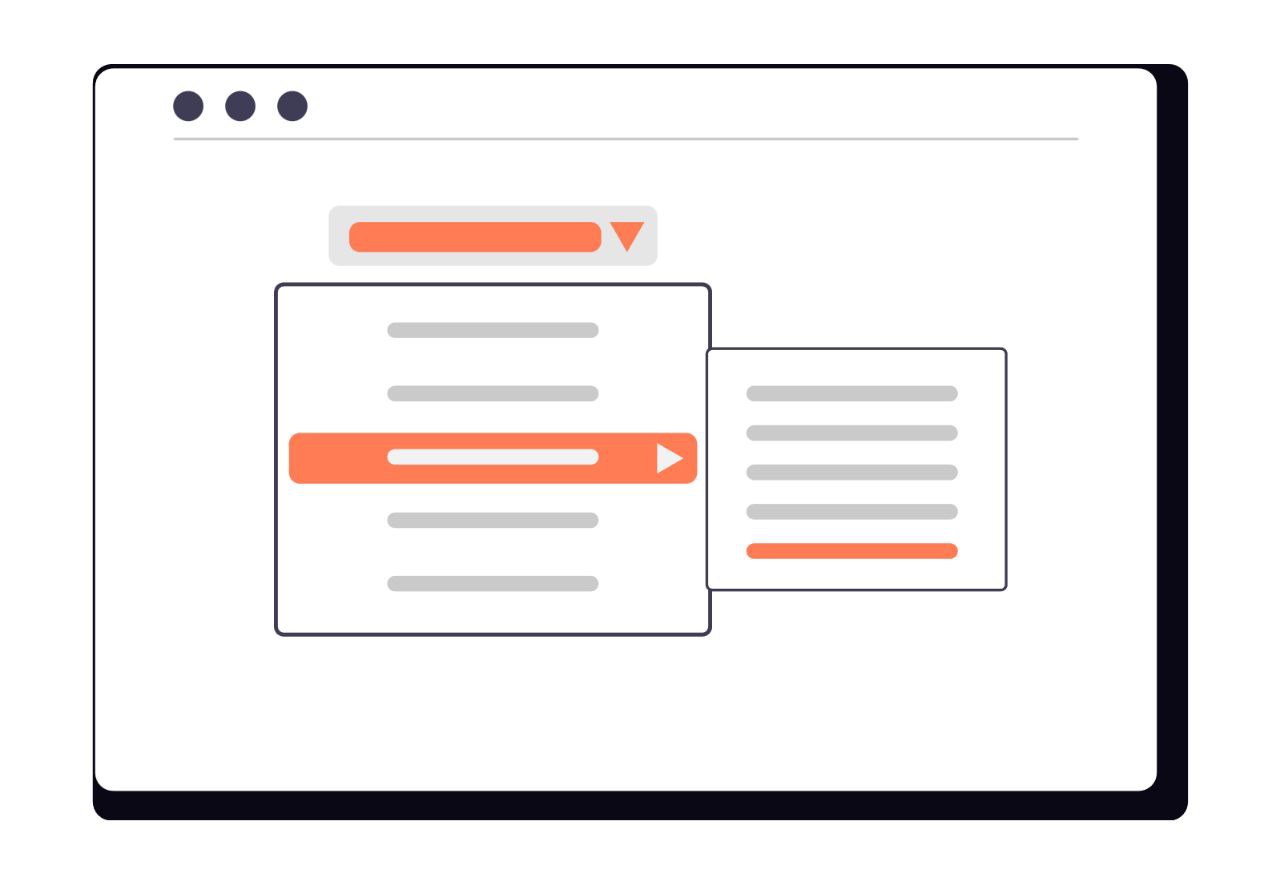Conquer TOEFL Writing: A Step-by-Step Guide Using Effective Writing Templates
The TOEFL writing section can feel daunting, but with the right strategies and consistent practice, you can achieve your target score. This comprehensive guide provides a step-by-step approach, focusing on effective writing templates and practical techniques to improve your writing fluency and coherence. We'll explore different writing tasks, offering concrete examples and actionable advice to help you master this crucial section of the exam. Remember, consistent practice is key, and USpeak is here to support you every step of the way.
Understanding the TOEFL Writing Section
The TOEFL iBT writing section consists of two tasks: an Integrated Writing task and an Independent Writing task. Let's break down each one:
- Integrated Writing: This task requires you to read a passage, listen to a lecture, and then write an essay summarizing the lecture and explaining how it relates to the reading passage. This tests your ability to synthesize information from different sources.
- Independent Writing: This task requires you to write an essay expressing your opinion on a given topic. This assesses your ability to organize your thoughts, develop a clear argument, and support your ideas with relevant examples.
Mastering the Integrated Writing Task: A Template Approach
Many students find the Integrated Writing task challenging. However, using a structured writing template can significantly improve your performance. Here's a template you can adapt:
- Introduction (1-2 sentences): Briefly summarize the reading passage's main idea and state the lecture's main point. For instance: "The reading passage discusses the benefits of renewable energy sources. The lecture, however, challenges this perspective by highlighting potential drawbacks."
- Summary of the Reading Passage (3-4 sentences): Concisely summarize the main points of the reading passage, focusing on the key arguments and supporting evidence. Avoid unnecessary details.
- Summary of the Lecture (3-4 sentences): Summarize the main points of the lecture, noting how it agrees or disagrees with the reading passage. Focus on the lecturer's arguments and evidence.
- Explanation of the Relationship (5-7 sentences): This is the most crucial part. Clearly explain how the lecture relates to the reading passage. Identify points of agreement and disagreement, and analyze the lecturer's reasoning. Use transition words and phrases to connect your ideas smoothly. For example: "While the reading passage emphasizes the positive aspects of renewable energy, the lecture provides a more balanced perspective by acknowledging the challenges involved in implementation and infrastructure."
- Conclusion (1 sentence): Briefly restate the main points of the reading passage and the lecture and how they relate to each other.
Example: Let's say the reading passage discusses the positive effects of social media on communication, while the lecture highlights the negative impacts of social media on mental health. Your essay would summarize both, then explain how the lecture's focus on mental health challenges provides a counterpoint to the reading's more optimistic view of social media's communication benefits.
Crafting a Winning Independent Writing Essay: Structure and Style
The Independent Writing task requires you to present a well-structured argument. Here's a five-paragraph essay template that works well:
- Introduction (1 paragraph): Clearly state your opinion on the topic in a concise and engaging thesis statement. Provide a brief overview of the points you will discuss in the following paragraphs.
- Supporting Paragraph 1 (1 paragraph): Present your first supporting argument, providing specific examples and evidence to support your claim. Ensure smooth transitions between sentences and paragraphs.
- Supporting Paragraph 2 (1 paragraph): Present your second supporting argument, again using specific examples and evidence. This paragraph should build upon the previous one, strengthening your overall argument.
- Addressing Counterarguments (1 paragraph): Acknowledge and address potential counterarguments to your position. This demonstrates critical thinking and strengthens your essay's credibility. For example: "While some might argue that..., I believe that... because..."
- Conclusion (1 paragraph): Restate your opinion and summarize your main points. Offer a final thought or reflection on the topic. Avoid introducing new information in the conclusion.
In my experience teaching students, I've found that using clear topic sentences at the beginning of each paragraph helps immensely with organization and coherence. Each topic sentence should directly relate to your thesis statement and preview the main idea of that paragraph.
Enhancing Your Vocabulary and Grammar
Strong vocabulary and grammar are essential for a high TOEFL writing score. Here's how to improve these aspects:
- Use USpeak's daily vocabulary and grammar challenges: These challenges are designed to improve your range of vocabulary and your ability to use grammar correctly. Regular practice will significantly enhance your writing skills.
- Read extensively: Reading exposes you to a wider range of vocabulary and sentence structures, helping you develop a more sophisticated writing style. Focus on reading material related to TOEFL topics.
- Use a thesaurus: A thesaurus can help you find synonyms and more precise words to express your ideas. However, ensure the words you choose fit the context correctly.
- Review grammar rules: Regularly review grammar rules, paying particular attention to areas where you struggle. Online resources and grammar books can be helpful.
Practice Makes Perfect: Utilizing USpeak for Real-Time Feedback
The key insight is that consistent practice is paramount. USpeak provides an excellent platform for practicing your speaking skills, which directly translates to improved writing. Why? Because fluency in speaking often reflects improved fluency in writing. Here's how USpeak can help:
- Real-time conversation partners: Practice speaking English with native and non-native speakers worldwide. This improves your fluency and confidence, essential for clear and effective writing.
- IELTS & TOEFL-specific speaking topics: Practice speaking on topics similar to those found in the TOEFL speaking section. This helps you develop your ideas and express them clearly and concisely, skills vital for writing as well.
- Two-way audio calls: Engage in real-time conversations, receiving immediate feedback on your pronunciation, grammar, and vocabulary. This interactive learning process helps you identify areas for improvement and refine your communication skills.
Consider this scenario: You're practicing speaking about the impact of technology on education with a USpeak partner. This practice not only improves your spoken English but also strengthens your ability to articulate your thoughts on this topic in writing. The improved fluency and clarity you gain from speaking will directly benefit your writing.
Conclusion: Your Path to TOEFL Writing Success
Mastering the TOEFL writing section requires a strategic approach combining effective writing templates, consistent practice, and focused vocabulary and grammar improvement. By following the steps outlined in this guide and leveraging USpeak's resources, you can significantly enhance your writing skills and achieve your desired TOEFL score. Remember, the journey to fluency is a marathon, not a sprint. Celebrate your progress, learn from your mistakes, and keep practicing! Join the USpeak community today and unlock your full potential. Start your free trial and connect with other learners to practice your English speaking and writing skills. Don't forget to check out our other helpful resources on mastering the TOEFL speaking section and unlocking your full TOEFL potential, linked at the bottom of this page!
Ready to take the next step? Download the USpeak app and start your journey to TOEFL success!


